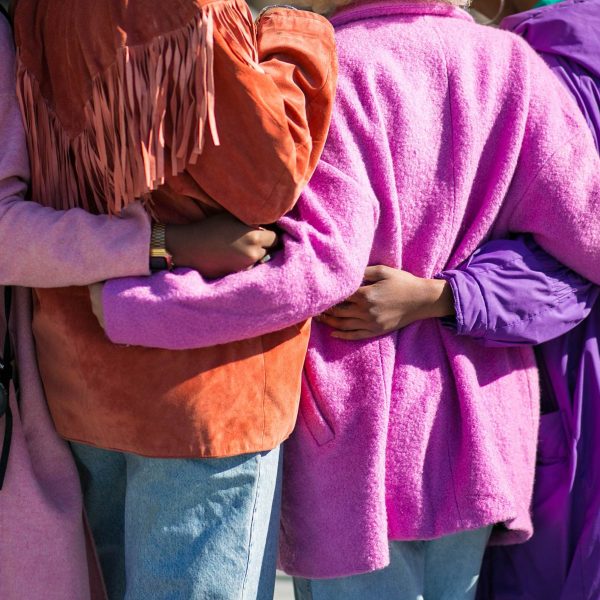
Everyday life gives us ample opportunity to fulfill all righteousness, at least as far as the gods of global capital are concerned. Building credit, contributing to a 401K plan, purchasing ordinary goods produced through an extraordinary supply chain, we participate in the enchanted world of mammon, in which money defies space and time to make and remake a world that bears its image. But in Matthew’s gospel, Jesus inhabits a different kind of story about God and the world, about empire and capital.

Jesus’ teaching regarding taxation and our allegiance to human governments challenges Christians who find themselves subject to contemporary governments to think about how we relate to their inevitable exploitation.

The tendencies of any group of human beings to normalize power and hide harm are themselves, then, subject to the process Matthew’s gospel is describing. The frankness of communication, of subsidiarity mediation and conflict negotiation, the expectation of honest and mutual accountability described here should also be applied, as healthily and faithfully as possible, to the workings of authority, relationship, and power system within the community.

While even his closest associates would lean towards dismissing the people to fend for themselves, [Jesus] invites the community of the wilderness into a divine economy of care. Sharing, as a physical manifestation of that care, requires a suspension of the belief that scarcity is the only reality available in the moment of want.

When Dalits write, they contest these misrepresentations and objectifications, and provide a sub-version of the texts. When Dalits write, they experience liberation. A decolonial reading of this given text calls us to offer our support and solidarity with #Blacklivesmatter and #Dalitlivesmatter, recognising an agency of liberation in our Dalit and Black bodies, lives, and texts.






